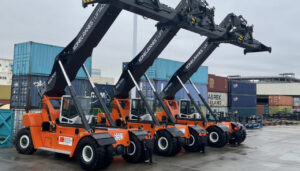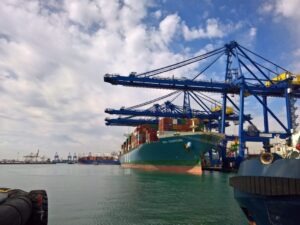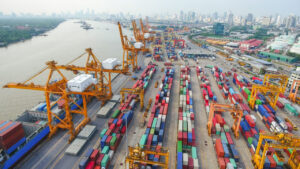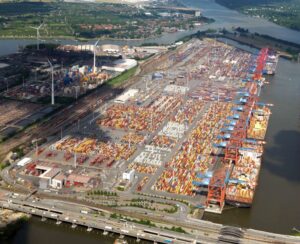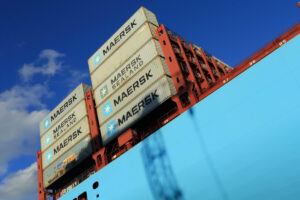The Nigerian Federal Government has received a lot of criticism over both the congestion of the country’s ports and the transparency of operations, which they aim to tackle with a port automation project, reported Nigeria Today.
Authorities are hoping to both increase revenue to ports and also their ability to process cargo and restore order in heavy congestion that has been named the ‘Hallmark’ of Nigerian ports.
The autonomous technology that Nigerian ports primarily aim to implement is the “Modern Radio Frequency System” which can identify both vessels and its cargo automatically using a satellite aided system on board the ship and at port.
This technology is already used worldwide; and using this, the Nigerian Federal Government hopes to clear congestion, optimise port business and bring Nigeria up to the same standard as the rest of the world.
Ports are particularly important to the Nigerian economy as it is heavily reliant on the exportation of petroleum.
Nigeria is reportedly entering a possible recession after losses of 2% for its economy were reported for Q2, 2016; automation could be seen as a way of tackling this.
Earlier in July, 2016, the International Finance Corporation (IFC), which is the private sector arm of the World Bank, granted a $73.5 million loan to the Nigerian Port of Harcourt to increase investment in agricultural revenue, to relieve the dependence on oil exports.


